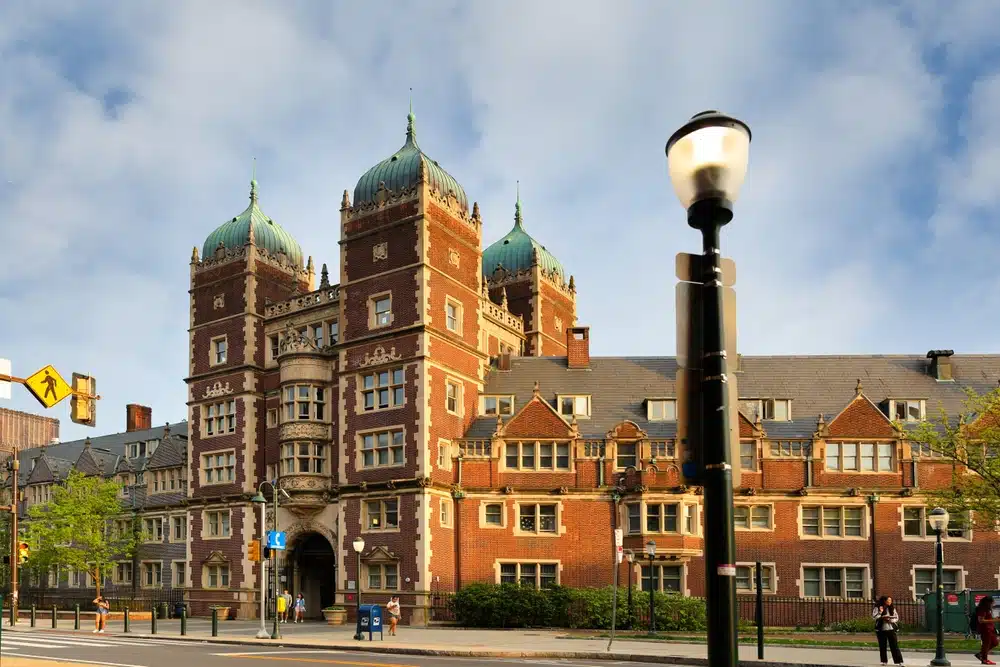These days, an acceptance letter doesn’t guarantee you admission.
During each college admission cycle, thousands of students bear the disheartening reality – being accepted to college, but unable to afford it. The cost of college has been steadily increasing, with some schools’ cost of attendance priced at over $100,000. Meanwhile, the median income for a middle class family ranges from $56,600 to $169,800.
Since spring 2024, the average tuition and fees for a privately owned college in the US rose around 5.5% to? $43,505. The tuition and fees for public colleges are averaged lower with $11,011 for in-state students and $24,513 for out-of-state students. With such high price tags, financial aid can become a decisive factor in someone’s college process.
Furthermore, amidst the anxiety of preparing applications, keeping up with extracurriculars, and writing essays, it is easy to overlook the financial aid process. For many families, navigating financial aid is new and unfamiliar. So if you are beginning the college process, here is what to look out for regarding financial aid:
1. Start early! Before you start applying to college, have a conversation with your family and guardians about where you plan to apply and your family’s financial situation.
2. Scholarships. From athletic to merit-based, scholarships are truly available everywhere for anyone! However, it is hard to find or know which ones are right for you. There are local and national scholarships you can apply for. While there are many great online resources to find scholarships (be cautious of bad online resources), it is best to consult your college counselor. Here are just a few scholarships and programs that FSS students have engaged with before.
- The QuestBridge’s National College Match is an opportunity for high school seniors from low-income backgrounds to earn a full-ride to one of Questbridge 55 College Partners. College partners include schools across the country such as Barnard College, Cornell University, Washington University of St. Louis, and more.
- The QuestBridge’s College Prep Scholar program prepares high school juniors for the National College Match and offers scholarships, school supplies, and access to summer programs like Carleton College Summer Institute, Yale Young Global Scholars, Emory University Pre-College, and more. Deadline: March 21, 2025!
- The Gates Scholarship is a highly selective program for high school seniors from low-income and marginalized communities. The Gates Scholar Awards grants students a full scholarship to the college they matriculate to and a professional network of Gates Scholar Alumni.
- The Jack Kent Cooke Foundation offers three different programs for high school juniors, seniors, and undergraduate transfers. Their College Scholarship Program for high-school seniors provides students with a $55,000 scholarship each year to any four-year college they matriculate to.
- The Coca-Cola Scholarship connects high school seniors who are passionate about leadership and service to higher education. The award includes a $20,000 scholarship and a professional career development network with Coca-Cola Scholar Alumni.
3. Federal Aid. When applying to college in the US, the government will offer federal aid depending on a student’s financial situation. Terms you will hear often include: The Free Application for Federal Student Aid (FAFSA), College Scholarship Service (CSS), or the Institutional Documentation Service (IDOC). While these forms can seem overwhelming at first, preparing these documents early and communicating with your family early on will ease the load.
4. Each college will have their own financial aid policies. Many schools will use one of three policies: need-based, merit-based, or need-blind. Need-based schools will assess your financial situation. If you are accepted, they will give you a designated loan plan or grant. Merit-based policies will give a student grants depending on their academic standing. Need-blind schools will not consider your financial situation at all during the admission process. If you are accepted, they will cover as much aid as you need so that you can attend. Some colleges will also have honor colleges that will help cover a student’s housing and tuition, such as Penn State Schreyer Honors College or Drexel Pennoni Honors College. Each college’s policies will differ from one another.
As tuition prices increase, higher education becomes exclusive and unrealistic for so many families. However, there are programs and scholarships that make college affordable. The hardest part is knowing where to start and how to find opportunities. FSS offers many resources and ways to receive support throughout your process. You can meet with your college counselors, talk to teachers, or reach out to seniors and alumni. You will also find updates about college workshops and panels in the monthly bulletin. FSS often hosts events in the spring of junior year and fall of senior year for support with financial aid and the application process. But above all else, make sure to begin your research early. The college process is complicated, but it does not have to be too stressful.






























